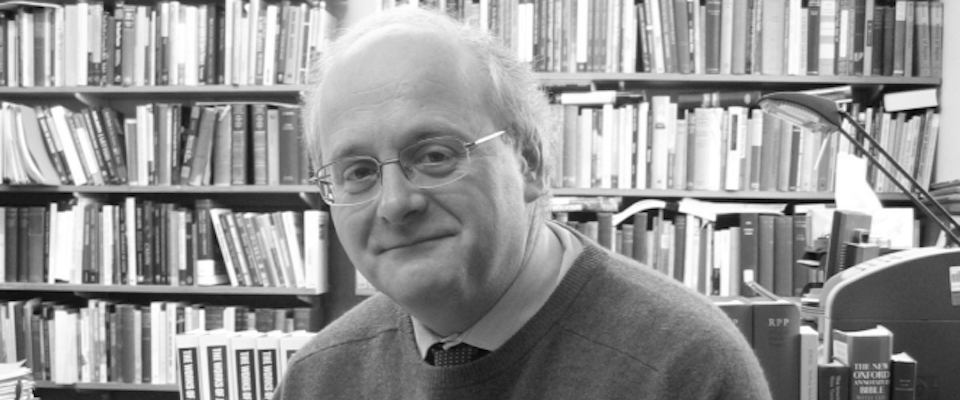For a Christian it is enough to believe that the cause of created things, whether in heaven or on earth, visible or invisible, is nothing other than the goodness of the creator who is the one true God, and that there is nothing that is not either himself or from him, and that he is a Trinity…
—St. Augustine, Enchiridion on Faith, Hope, and Love
The chief aim of sacred doctrine is to teach the knowledge of God, not only as he is in himself, but also as he is the beginning of things and their last end…
—St. Thomas Aquinas, Summa Theologica
God is. This is the simple statement which we have to develop and explain… In so doing we confront the hardest and at the same time the most extensive task of church dogmatics…
—Karl Barth, Church Dogmatics
Login to read more
Sign in or create a free account to access Subscriber-only content.
Topics:
